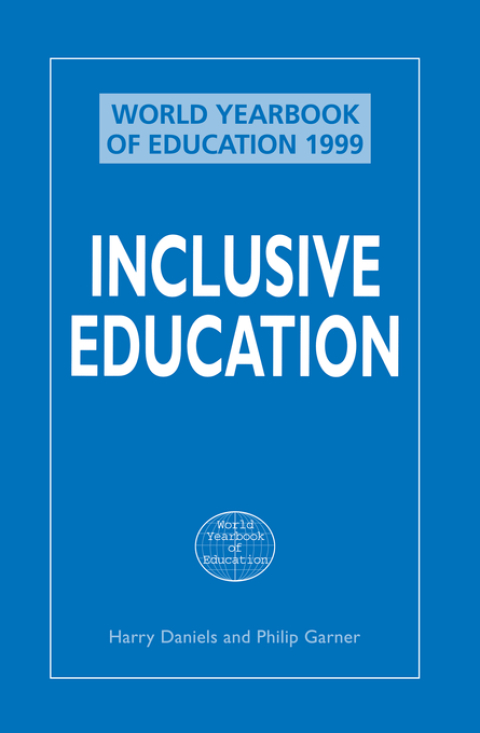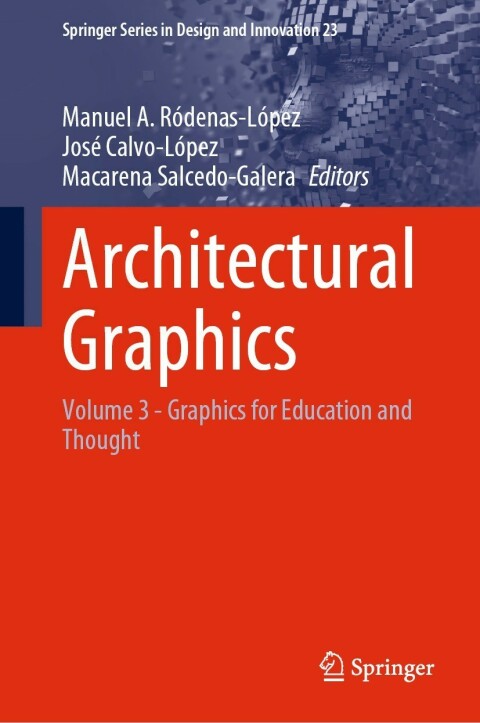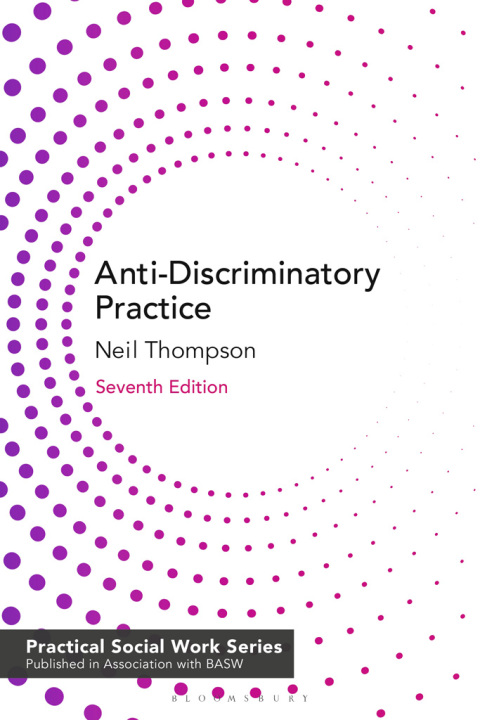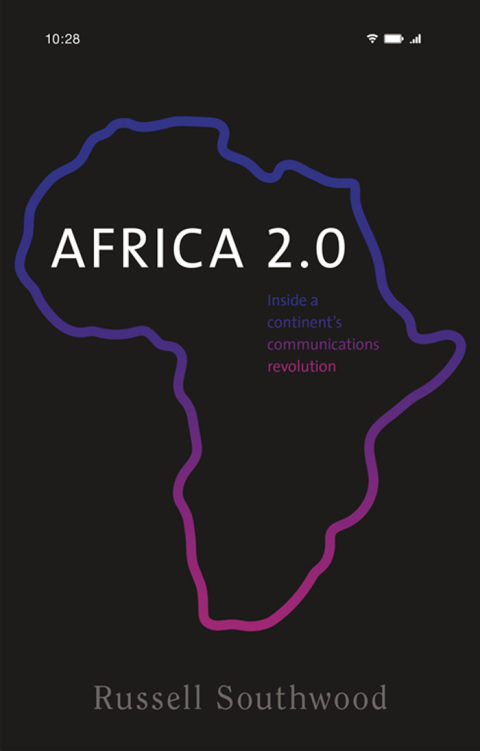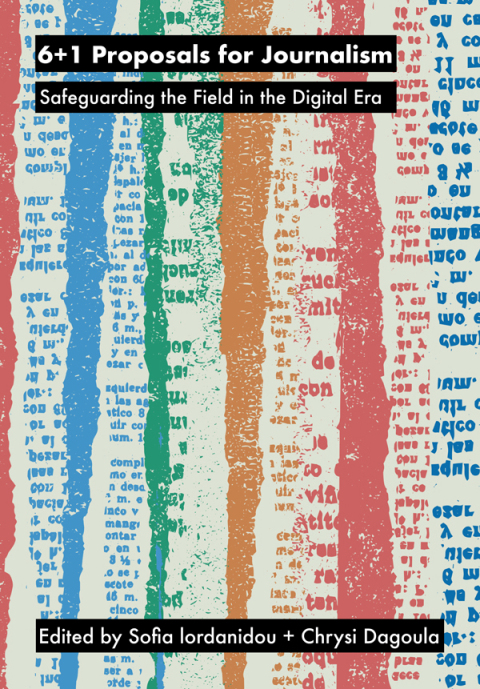Description
Efnisyfirlit
- Cover Page
- Half Title Page
- Title Page
- Copyright Page
- Contents
- List of Contributors
- Acknowledgements
- Introduction
- Endnote
- References
- Section I: Defining special education in a democracy — inclusive education
- 1. Inclusive education: a requirement of a democratic society
- Introduction
- Inclusive education and educational reform
- The practice of inclusive education
- Factors included in the rationale for restructuring
- Inclusive schools
- Inclusive education as integral to a democratic society
- Inclusive education and democracy
- Endnotes
- References
- 2. Individual rights to education and students with disabilities: some lessons from US policy
- The rights of the individual
- ‘Equal Outcomes and Equal Treatment’
- Effective instruction for individuals with high-incidence disabilities
- Effective instruction for students with severe cognitive disabilities
- Global directions
- References
- 3. Inclusion and inclusions: theories and discourses in inclusive education
- Global agenda or special education bandwagon?
- The ambiguity of inclusion
- The discourses of inclusion
- The rationale for inclusion: the rights and ethics discourse
- The rationale for inclusion: the efficacy discourse
- The realization of inclusive education: the political discourse
- The realization of inclusive education: the pragmatic discourse
- Relating the discourses
- Interrogating inclusions
- Beyond inclusion
- References
- 4. Market ideologies, education and the challenge for inclusion
- Introduction
- New Right ideologies
- The State
- The education context
- Inclusive education
- Empowerment and the social context
- Conclusion
- Acknowledgement
- References
- Section II: Dilemmas for inclusive education
- Systems in reformulation
- 5. Systems in reformulation England and Wales: competition and control – or stakeholding and inclusion
- The new inclusivity in England and Wales: what is it?
- Inclusion as an ethic of organizations
- Inclusion and assumptions about difference and ‘special need’
- Inclusion and the comprehensive ideal in England and Wales
- Financing and implementing inclusion
- Conclusion
- References
- 6. Deficit ideology and educational reform in the United States
- Introduction
- Reform cycles in American education
- The reform agenda today: a policy angle
- The reform agenda today: wider concerns
- References
- 7. The Netherlands: supporting integration by re-directing cash-flows
- Analyses of problems
- The current funding system
- The calculating school
- Dutch policy on special needs funding
- Lump sums to clusters
- The Pupil-bound budget
- Conclusion
- References
- 8. Integration in the changing Scandinavian welfare states
- The context of the welfare state
- Similar patterns of experiences
- From ideals to realities
- The integration perspective revisited
- Three crises of the old welfare state
- A welfare municipality of included individuals?
- Endnotes
- References
- 9. The inclusion movement in Canada: philosophies, promises and practice
- Introduction
- Educational reform
- The Canadian system
- Enabling legislation
- Contemporary definitions
- Current status
- Conclusion
- References
- 10. Spain: responses to inclusion in autonomous regions
- Introduction
- Social and political context — Spain as a state of autonomous communities
- Integration: policies and practices
- Integration and inclusion in national policy
- Policy into practice: integration in schools
- Three questions for the future
- How can democratic education be enhanced?
- Can the school become a learning community through integration?
- Can a school-based integration policy transform a social system?
- References
- Systems in change
- 11. Towards a healing society: perspectives from Japanese special education
- Introduction
- Special education in Japan
- Selection into special education
- An American perspective
- A Japanese perspective
- Analysis
- Conclusion
- References
- 12. Issues of inclusive education in the Czech Republic — a system in change
- Introduction: historical backgrounds
- Principles into practice
- Individual rights: legislation
- Integration
- Final remarks
- References
- 13. Bulgaria: gypsy children and changing social concepts of special education
- Introduction
- The context
- Legislation
- Gypsy children in the education system
- In general education
- In special education
- Conclusion
- References
- Systems in development
- 14. Developing inclusive education in Chile: private versus public systems
- Introduction
- Social justice and an inclusive society
- The Chilean education system of the 1990s
- The legacy of the past
- Responses from the democratic governments
- P-900
- MECE programme
- The dilemmas for inclusive education
- Conclusion
- References
- 15. Inclusive education in South Africa: achieving equity and majority rights
- Introduction
- The modernist project: a framework of rights
- The macro-economic project: a neo-liberal framework for globalization
- Post-apartheid policies and policy-making processes
- 2005
- Conclusion
- References
- 16. Pedagogic discourse and academic failure in southern Brazil
- Scenario
- Theoretical background of the research
- The research
- Conclusion
- Endnotes
- References
- Section III: Dialogues on inclusive education
- 17. The welfare state and individual freedom
- Criticism of normalization, integration and training
- New approaches to a policy for the disabled
- Criticism of the traditional management logic of the welfare state
- The reconstruction of the welfare state
- Developments in policies relating to the disabled
- References
- 18. Policies and practices? Inclusive education and its effects on schooling
- Introduction
- Special educational needs, the ‘ideology of expertism’ and inclusive education
- Inclusive education in an exclusive policy climate?
- Shoved out by invisible hands
- Are highly reliable organizations inclusive schools?
- Continuing the dialogue
- Proposition One
- Proposition Two
- Proposition Three
- Proposition Four
- Proposition Five
- Proposition Six
- References
- 19. Racism, ethnic identity and education of South Asian adolescents
- Introduction
- Ethnic awareness and racial prejudice
- Ethnic identity
- Alienation of South Asian youth
- Educational issues: basic cognitive processes
- Scholastic achievement and examination performance
- Post-compulsory education
- Higher education
- Vocational aspirations
- Teachers’ attitudes to Asian students
- Home and school
- Inter-ethnic relationships in schools
- Mother-tongue teaching and bilingualism in schools
- Gender-related issues
- References
- 20. Globalization and cultural transmission: the role of international agencies in developing inclusive practice
- Introduction
- Who are the international community?
- What is inclusive education in the international context?
- The Organization for Economic Co-operation and Development (OECD)
- Background
- Process of working
- Working across agencies
- Recent work in the field of inclusive education
- Concluding remarks
- Endnote
- 21. Exclusion: the middle classes and the common good
- Introduction
- Changing modes of exclusion
- Middle-class needs
- The avoidance of the vocational
- The exclusion of the non-academic
- The common good
- References
- 22. Advocacy, self-advocacy and inclusive action: a concluding perspective
- Introduction
- 1. Pioneering for inclusive education in Holland
- 2. Starting inclusion in a country of apartheid: MENTOR, a pilot project to promote inclusive education in Belgium
- Context
- Project Mentor: a brief description
- Advice on and support for inclusive education
- Awareness-raising activities
- Political lobbying
- Outcomes
- 3. Italy’s radical choice for inclusion: a long way from law to practice
- Inclusion according to the Italian law
- Inclusion and belonging: the school as an integrating background
- Conceptual tools
- Tricks of the trade
- Three stories about inclusion
- Inclusion: an opportunity for affective and cognitive literacy
- End notes
- References
- Index

